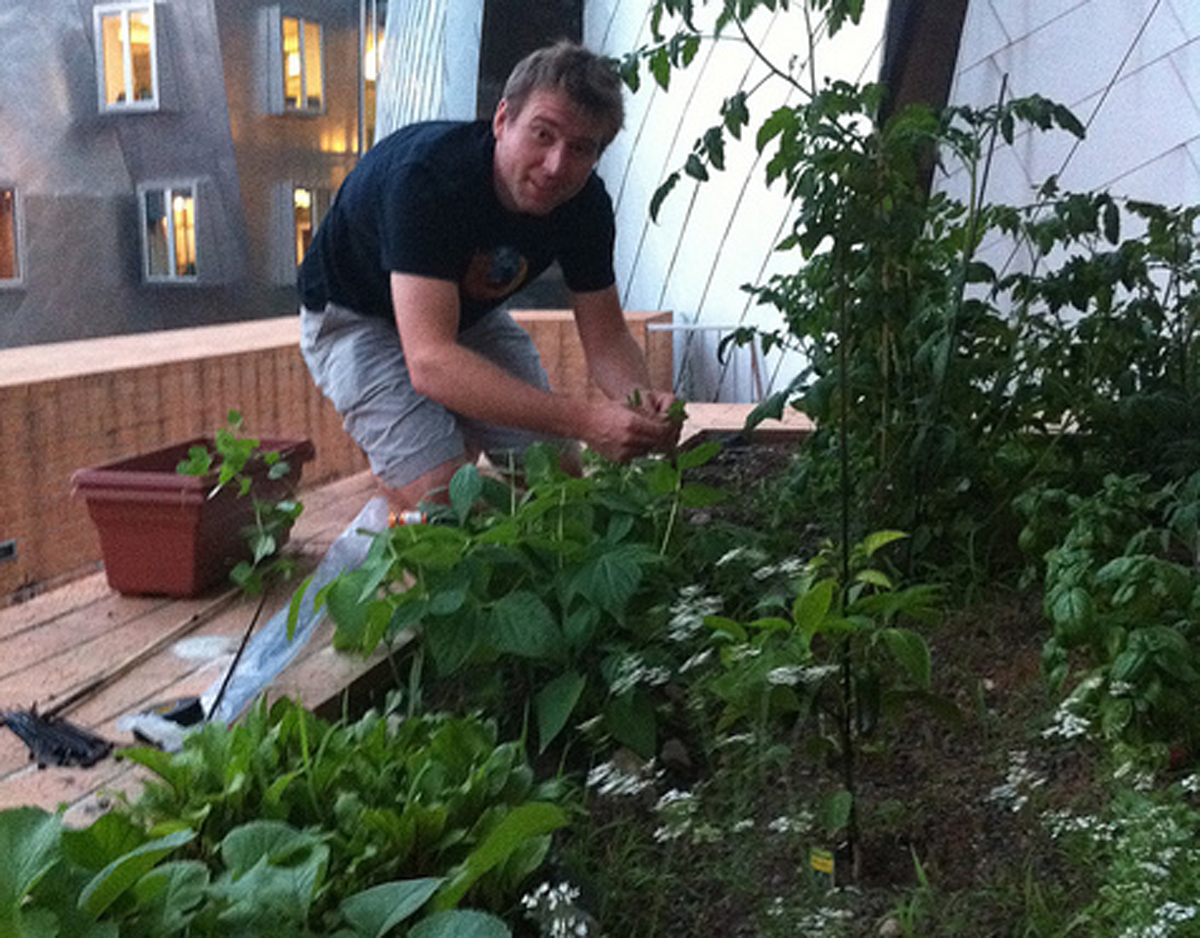Table of Contents
Gardening may seem like just a simple hobby at first, but for most it's so much more than that. While gardening may be enjoyable for a multitude of reasons, it has been proven to do wonders for both your mental and physical health. That's right gardening is more than just a simple activity, it can reduce your stress levels, improve your mood, keep your body toned, and even help those who suffer from depression and PTSD (Post-Traumatic Stress Disorder).
If you're looking to get into gardening you may be wondering what exactly it does to your body and what the science is behind the fact it can help out with stress and boost your mood. Read on to find out what exactly you need to know about the impact gardening has on your mind.
Gardening Does a Body Good
In 1988, then 32-year-old Robert Stephens (a pseudonym) was misidentified as the armed robber of a 7-11 convenience store from a single frame taken from footage recorded on a grainy, black-and-white security camera. Never having had so much as a parking ticket before his arrest, Robert didn't believe he needed an attorney to handle his arraignment because he was innocent. Robert was wrong.
At first Robert visited the community-based counseling service to which he had been referred, but when the counselor told him that he could not possibly have grown up in a Czech-speaking community in Texas and maybe he needed in-patient treatment to cure his delusion—Robert fought off a court order for treatment by demonstrating his ability to speak Czech to a linguist brought in from the nearby university—Robert decided to move as far away from North Carolina as he could. He managed to get half a continent away. Anxiety, depression, and fits of despair plagued him, however, until his father gave him half an acre (about 2,000 square meters) on which to plant a garden.
With a hoe, a shovel, a "man" (a long-pronged spading fork for piling soil), Robert began to offer his services raking leaves and cutting weeds for free to obtain the raw materials for his compost pile. A neighbor gave him 150 railroad ties, 6 feet (almost 2 meters) long and weighing 125 pounds (a little under 60 kilos) each. Robert carried them on his shoulders nearly a mile (1600 meters) to his garden site.
Within a year, Robert had a garden site that was the envy of gardeners for miles around. And within 18 months, Robert's flashbacks and post-traumatic stress had abated enough that he was able to work at an 8 to 5 office job to continue rebuilding his professional life. "Gardening gave Robert his life back," his father noted happily.
What is it about gardening that does a body—and the mind—so much good? Gardening helps relieve depression, requires a unique kind of physical exercise, and rewards gardeners with a great source of organic nutrition.
Getting Down and Dirty to Relieve Depression
It is possible that Robert's decision to build a compost pile was key to his recovery. A bacterium called Mycobacterium vaccae that is nurtured in the soil, Dr. Christopher Lowery of the University of Colorado at Boulder says, can interact with the human brain.When this bacterium is absorbed into the human gastrointestinal tract, either from dirty fingers or by inhalation and ingestion while a gardener is working in the dirt, it stimulates the lining of the digestive tract and the brain to release the mood modifying neurotransmitter serotonin. In effect, this species of bacteria that is common in gardens performs the same function as selective serotonin reuptake inhibitors like Prozac and Paxil, only by increasing the brain's supply of serotonin rather than by preventing the reuptake of serotonin.
Changes in brain chemistry are not the only reason gardeners enjoy gardening, but for gardeners who suffer depression and post-traumatic stress, they certainly help. The unique kind of exercise provided by gardening also helps restore metabolic health.
- Barcat JA. [Mycobacterium vaccae and intelligence. Sensationalism and propaganda in press releases].Medicina (B Aires). 2011, 71(2):186-8. Spanish.
- Photo courtesy of mrwalter on Flickr: www.flickr.com/photos/mrwalter/5979214052/

